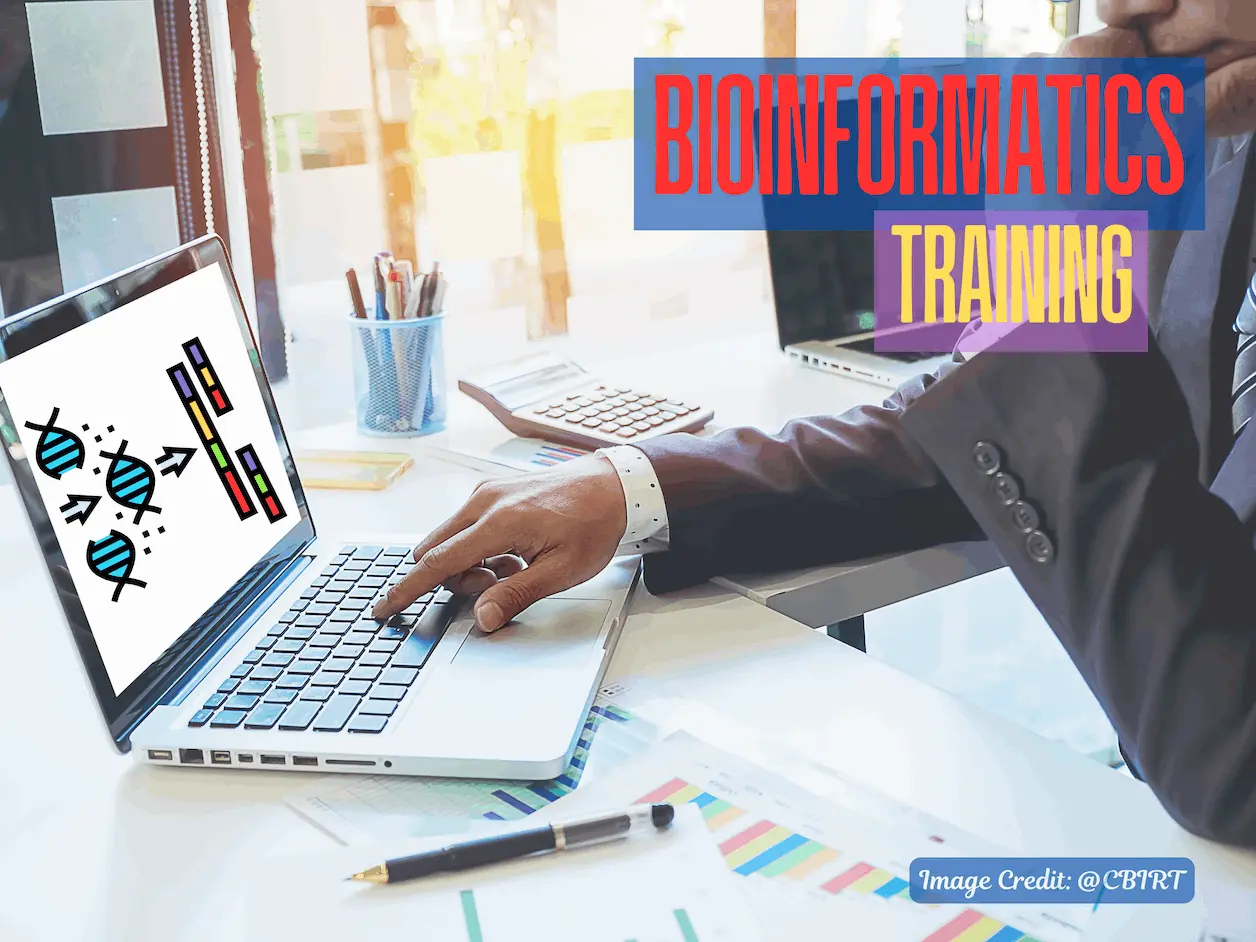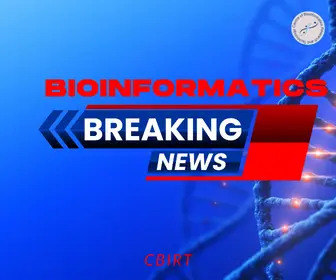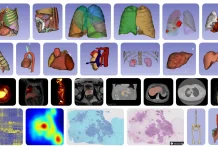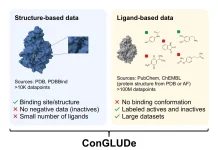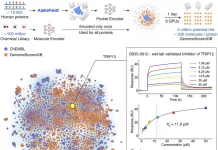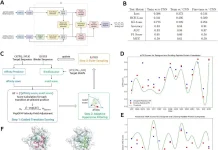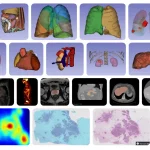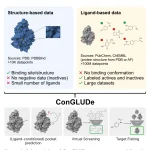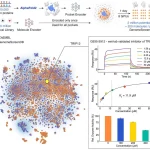In an era where biological data grows exponentially, bioinformatics has emerged as a vital interdisciplinary field that combines biology, computer science, mathematics, and statistics. With breakthroughs in next-generation sequencing (NGS), genome editing, and personalized medicine, the demand for bioinformatics professionals has skyrocketed. At its core, bioinformatics helps us make sense of complex biological data, identify patterns, and drive discoveries that benefit fields from healthcare to environmental science. Bioinformatics training becomes essential for those aiming to excel in this field.
Why Bioinformatics Matters
Bioinformatics bridges the gap between data and actionable insights, enabling us to:
- Analyze genetic information to predict disease susceptibility
- Understand gene expression and protein function
- Investigate evolutionary relationships among species
- Develop personalized medicine approaches by studying drug interactions and genetic predispositions
As a data-driven field, bioinformatics requires not only a strong grasp of biological principles but also a command of computational tools and analytical techniques. Today’s bioinformaticians are equipped with a range of skills that allow them to manage and interpret vast datasets, make predictive analyses, and innovate solutions for complex biological questions.
Key Aspects of Bioinformatics
- Genomics and Next-Generation Sequencing (NGS)
NGS technology has revolutionized genomic research by allowing us to sequence entire genomes quickly and affordably. This generates a large amount of data that needs careful analysis to draw meaningful conclusions. Training in NGS data analysis is essential for bioinformatics professionals working on genomic studies and research. - Data Science and Bioinformatics
Data science is foundational in bioinformatics for processing, analyzing, and visualizing large biological datasets. Learning data science applications tailored to bioinformatics prepares individuals to work with vast datasets in healthcare, research, and biotechnology, making the field of study more accessible and effective. - Machine Learning in Bioinformatics
Machine learning (ML) is becoming a game-changer in bioinformatics. From predictive modeling to pattern recognition, ML applications are crucial for tasks like protein structure prediction, gene expression analysis, and drug discovery. Understanding how to apply ML in bioinformatics is invaluable for developing algorithms that improve the accuracy of predictions and open new research paths. - Programming and R for Bioinformatics
R is the go-to language for bioinformatics due to its powerful statistical capabilities and support for data visualization. R and Bioconductor, a suite of bioinformatics packages, offer versatile tools for genomic data analysis, statistical modeling, and creating reproducible research. Proficiency in R enables bioinformaticians to process and interpret biological data efficiently.
The Need for Specialized Training in Bioinformatics
The rapid growth of bioinformatics and its applications across various fields demand professionals who are well-versed in data handling, computational tools, and biological knowledge. Specialized training equips students, researchers, and professionals to stay current, handle real-world datasets, and contribute to innovations that will define the future of biology and medicine.
Cultivating Inquisitiveness and Driving Discovery
To anyone looking to enter the bioinformatics field or deepen their existing knowledge, now is the time to cultivate your skills and curiosity. Bioinformatics is a field that thrives on continuous learning and exploration, requiring a constant adaptation to new tools, techniques, and data complexities.
CBIRT’s Bioinformatics Training Programs: Practical, Hands-On, and Industry-Ready
CBIRT offers targeted bioinformatics training programs that blend theory and hands-on practice. Each program is tailored to build foundational knowledge while equipping participants with practical skills needed for real-world applications. Here’s a look at what’s available:
- Next-Generation Sequencing Analysis
Focus on key NGS tools and analysis techniques. This course covers DNA, RNA, and variant analysis with practical exercises in industry-standard software, preparing you to manage genomic data effectively. - Data Science in Bioinformatics
Learn the essentials of data science and statistical analysis specifically for bioinformatics applications. Explore data visualization, machine learning, and more in a practical context, providing skills to interpret and analyze biological data. - Machine Learning Applications
Delve into machine learning with a focus on bioinformatics. Gain experience in data preprocessing, model building, and predictive analytics to enhance your research with cutting-edge tools and techniques. - R for Bioinformatics
Master R, the primary language in bioinformatics, and learn data manipulation, visualization, and sequence analysis using Bioconductor. This course is perfect for those looking to strengthen their computational skills in bioinformatics.
Embark on Your Bioinformatics Journey with CBIRT
Bioinformatics is a field where data meets discovery, and with the right training, you can be at the forefront of this exciting domain. CBIRT’s programs are designed to help you build the expertise to drive scientific advancements, make data-driven decisions, and solve biological puzzles. Ready to take the next step in bioinformatics? Explore our training programs and join a community dedicated to innovation and exploration.
For more details, check our training page Here
Follow Us!
Learn More:
Dr. Tamanna Anwar is a Scientist and Co-founder of the Centre of Bioinformatics Research and Technology (CBIRT). She is a passionate bioinformatics scientist and a visionary entrepreneur. Dr. Tamanna has worked as a Young Scientist at Jawaharlal Nehru University, New Delhi. She has also worked as a Postdoctoral Fellow at the University of Saskatchewan, Canada. She has several scientific research publications in high-impact research journals. Her latest endeavor is the development of a platform that acts as a one-stop solution for all bioinformatics related information as well as developing a bioinformatics news portal to report cutting-edge bioinformatics breakthroughs.

